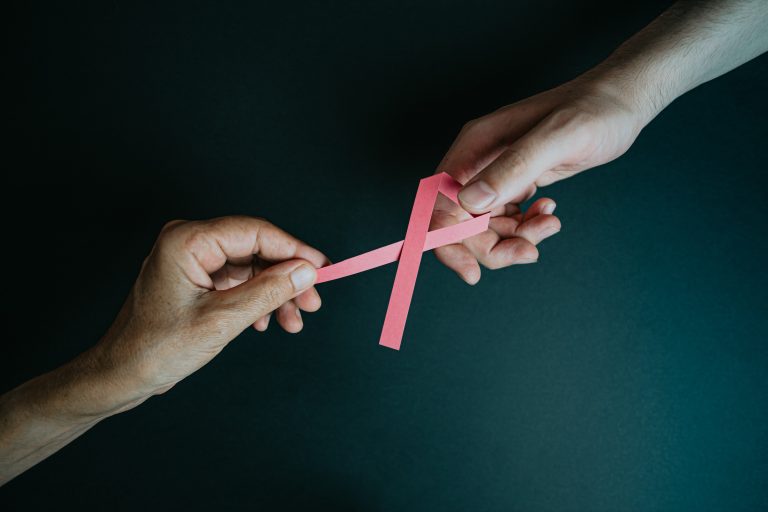Cancer is a serious disease that affects millions of lives worldwide. However, there are several common misunderstandings about cancer that can create unnecessary fear and confusion. In this article, we’ll clear up these misconceptions and provide simple facts, supported by studies, to help you better understand what cancer is and what it isn’t.
Myth: Cancer means certain death.
Fact: While cancer is serious, it’s not always a death sentence. According to the American Cancer Society, the five-year survival rate for all cancers combined has increased from 49% in the 1970s to 69% in recent years. Early detection, effective treatments, and a positive mindset can greatly increase the chances of successful outcomes.
Myth: Cancer is contagious.
Fact: Cancer is NOT contagious. You can’t catch cancer from someone else. The World Health Organization (WHO) confirms that cancer is not contagious and cannot be transmitted between individuals. It originates from abnormal cell growth within your own body.
Myth: Genetics are the sole cause of cancer.
Fact: Most cancers are not solely caused by genetics. According to a study published in the journal Nature, only a small percentage of cancers (5-10%) are directly linked to inherited gene mutations. Lifestyle factors, such as tobacco use, poor diet, lack of exercise, exposure to carcinogens, and infections, can significantly contribute to cancer development.
 Myth: Alternative therapies can cure cancer.
Myth: Alternative therapies can cure cancer.
Fact: Alternative therapies may provide comfort and support, but they have not been proven to cure cancer. The National Cancer Institute cautions against relying solely on alternative therapies and advises seeking scientifically proven treatments for cancer.
Myth: Superfoods prevent cancer.
Fact: No single food or superfood can guarantee protection against cancer. The American Institute for Cancer Research emphasizes the importance of a healthy lifestyle, including maintaining a healthy weight and consuming a varied diet, as key factors in cancer prevention.
In Conclusion
By debunking these common misunderstandings with evidence-based facts, we can promote a better understanding of cancer. Remember, early detection, effective treatments, and a healthy lifestyle are key in the fight against cancer. Let’s spread accurate information, support research, and continue raising awareness to ensure a brighter future in combating this disease.
If you think you or your loved ones are at risk, reach out to us today for a trusted and accurate diagnosis!
Read our other articles here.
- IGAKUhttps://igaku.co/blog/author/igaku/
- IGAKUhttps://igaku.co/blog/author/igaku/
- IGAKUhttps://igaku.co/blog/author/igaku/
- IGAKUhttps://igaku.co/blog/author/igaku/


